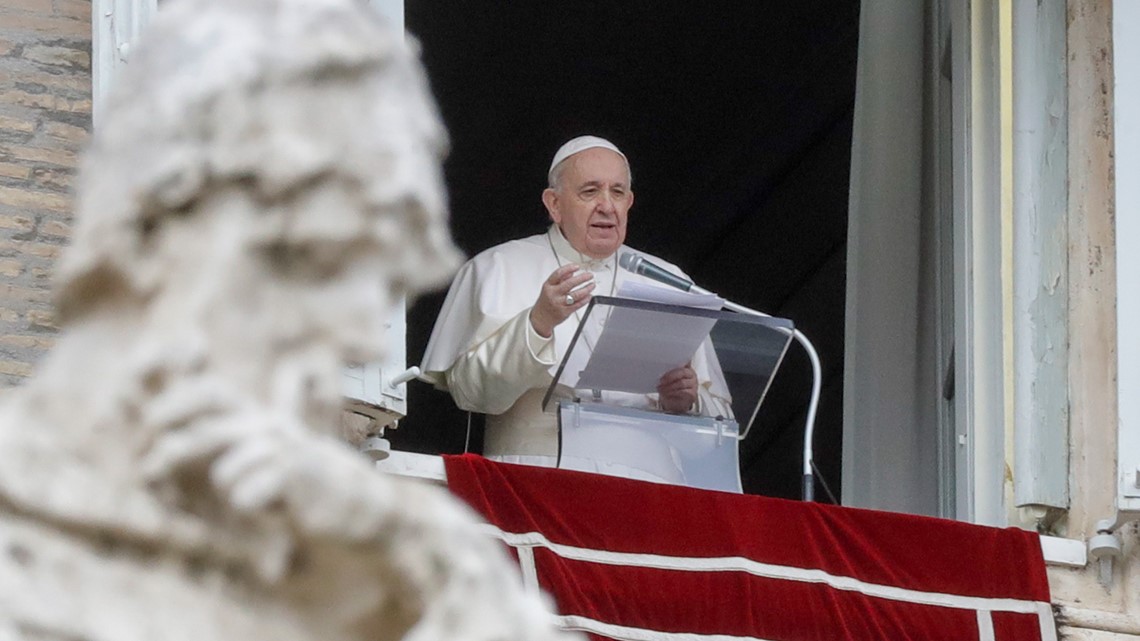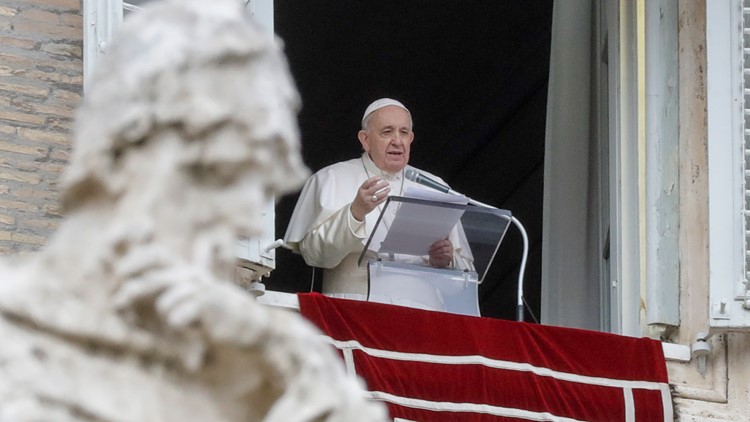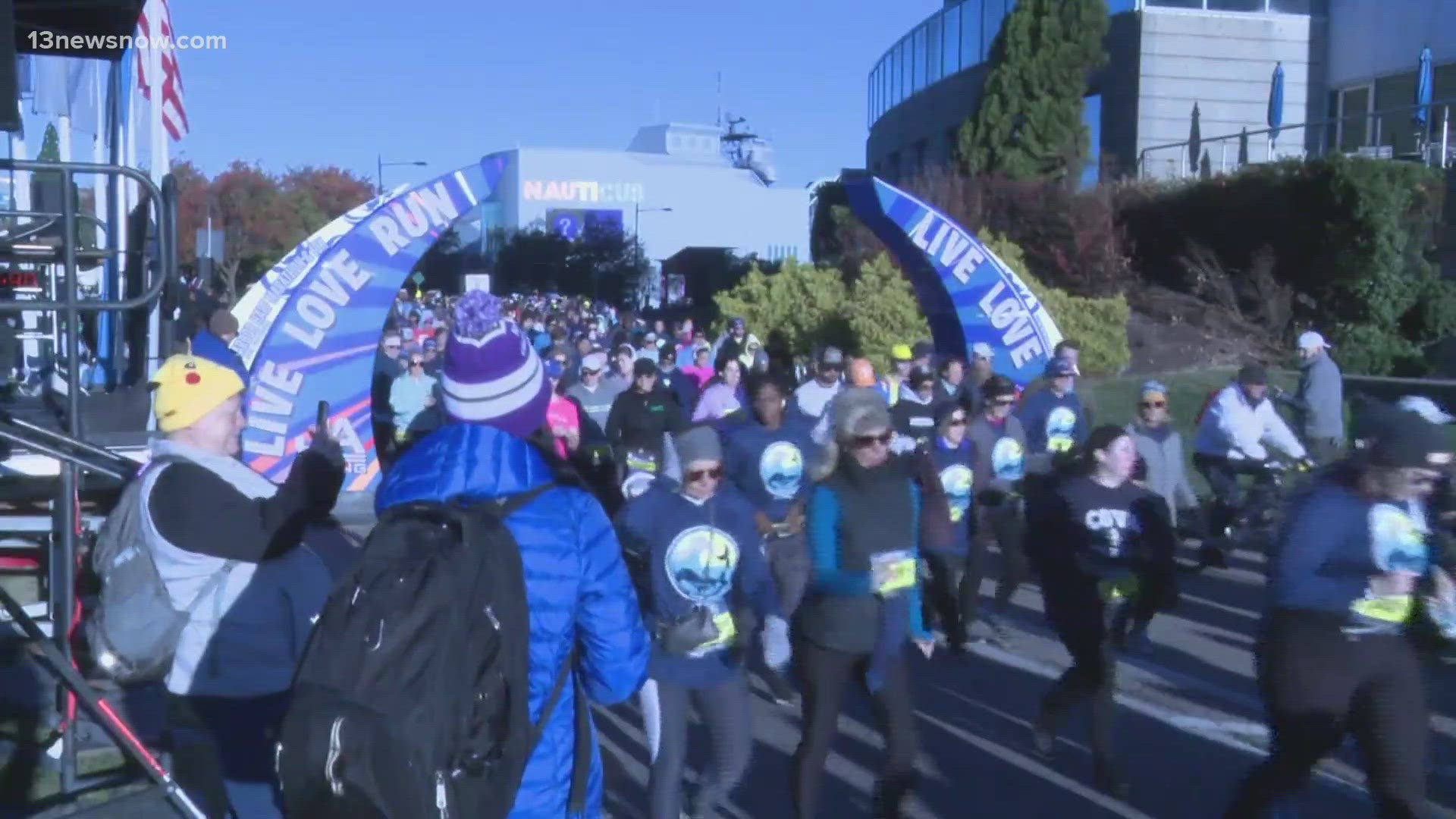ROME, Italy — The Vatican is defending Pope Francis’ decision to go ahead with his trip to Iraq this weekend despite rising coronavirus infections there, saying Tuesday all health care precautions have been taken and that the trip is an “act of love for this land, for its people, and for its Christians.”
Francis is due to visit Iraq Friday-Monday in his first foreign trip since the pandemic erupted last year. Planning for the trip went into high gear after infections fell, but cases have spiked in the past month and infectious disease experts say a papal trip to a country with a fragile health care system simply is not a good idea.
Vatican spokesman Matteo Bruni was asked how the Vatican could justify exposing Iraqis to such a risk of infection when the Vatican itself has been on a modified lockdown for months, with no public audiences, and why the trip couldn’t be postponed for even a few months.
Bruni noted that Iraq has a predominantly young population, that the current daily caseload was small compared to the overall population. He said all papal events would follow Iraqi health protocols that include limited participation, social distancing, mask mandates and other measures.
The pope will use a covered probably armored car for all his transfers, which the Vatican says should limit the formation of crowds on the street. However, he is to celebrate a Mass for an expected 10,000 people in the sports stadium in Erbil and will use an open car there.
“An entire community and an entire country will be able to follow this journey through the media and know that the pope is there for them, bringing a message that it is possible to hope even in situations that are most complicated," he said.
He said this period was “the first possible moment for a journey like this” and that there is “an urgency” to go.


The aim of the trip is to encourage Iraq’s dwindling Christian communities that were violently persecuted by the Islamic State group, and promote greater dialogue with Iraq’s Shiite majority. The trip will mark the first-ever papal meeting with a grand ayatollah, the Iranian-born Shiite cleric Ali al-Sistani.
“Perhaps the best way to interpret this journey is as an act of love for this land, its people, its Christians,” Bruni said. “Every act of love can be interpreted as extreme, but as an extreme confirmation to be loved and confirmed in that love.”
He acknowledged there might be consequences. “But it is possible in this regard to measure also the need of the other (Iraqis) to receive confirmation of that love, consideration and attention. Obviously the pope also looks at this need.”



